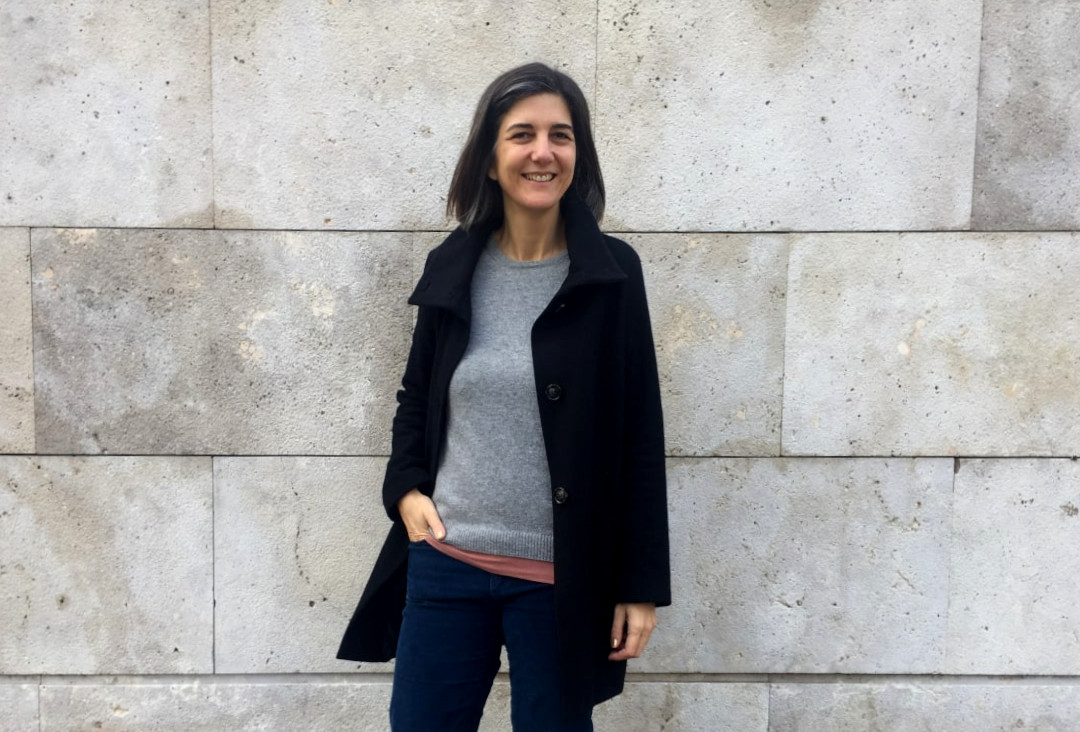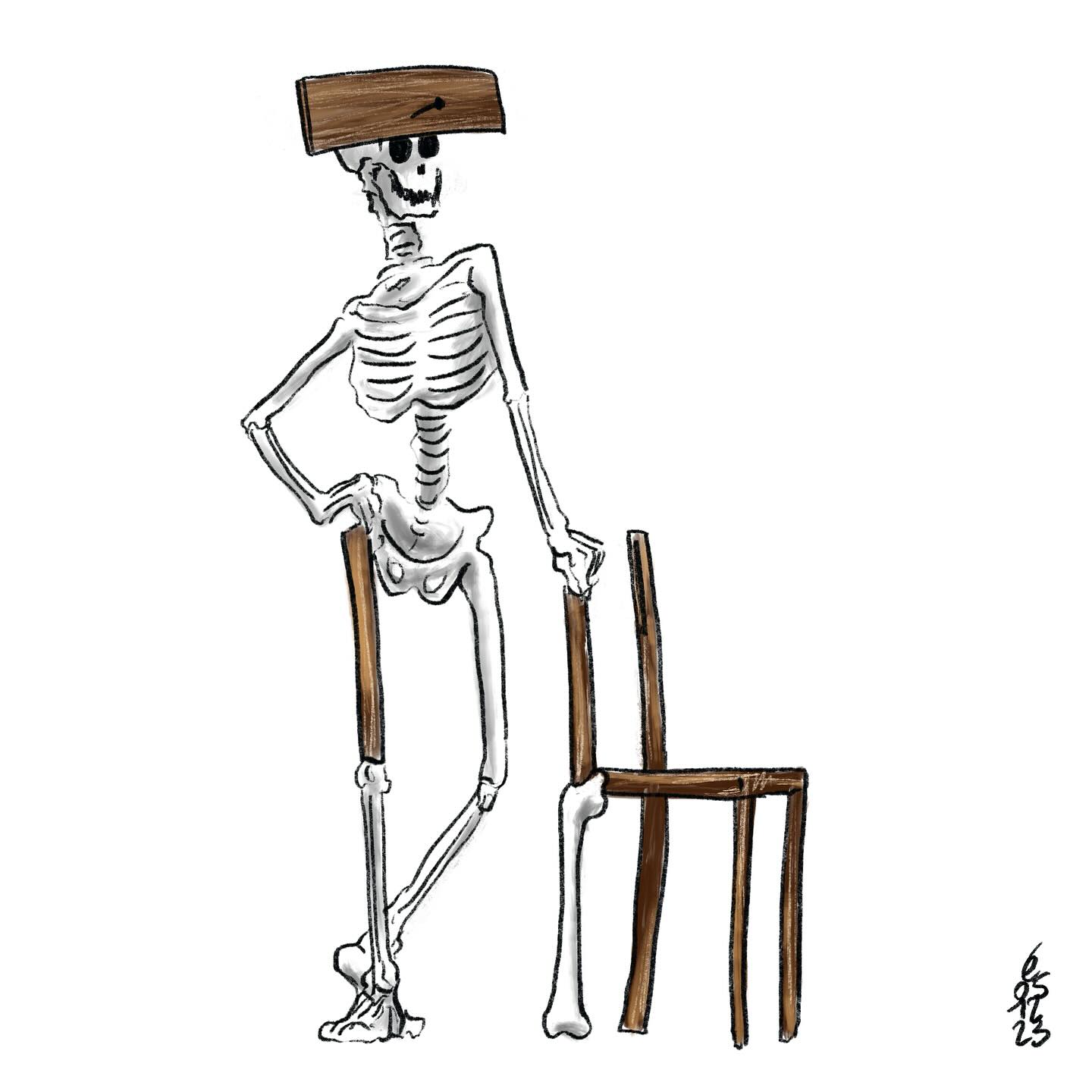
We can affirm that our democratic system is not at its best. Disinformation, fake news, another wave of right-wing extremism threatening the world, political disaffection, the rise of populist discourse, the defencelessness of the citizens in the face of big tech that possess our data and can use it to condition our political interests or public policies, etc. These are challenges we face as a society and the current political system is far from being able to respond to them.
After all, we have had the same democratic model for little more than two centuries, which has not undergone any substantial modification compared to the exorbitant evolution that our society has undergone at all levels. A parliamentary democracy in which we elect a few representatives to make decisions for us. Has this system become outdated? Perhaps the time has come for citizens to begin to share the privilege and responsibility of participating in public policy.
And how to achieve a critical and participatory citizenry? In this window of opportunity for the redesign of our democracies, citizens’ assemblies elected by lot are emerging as a tool for higher quality citizen participation. Exercises in Ireland, Canada, the United States, France and Scotland have shown that citizen deliberation is capable of solving complex problems that parliaments have failed to address.
This first edition of the Wilder Journal is dedicated to understanding contemporary challenges to democracy and experimenting with the tools and practices to overcome them. We interview local experts and international guests, who provide an overview of contemporary problems, address specific challenges, and delve into successful experiences that have solved real problems and are living examples to be imitated and adapted elsewhere. The main aim now is to gather these experiences and to experiment first-hand with new ways of doing democracy, through practical experiences that combine new technologies, deliberative groups selected by lot and participatory science in the democratic solution of contemporary problems.





